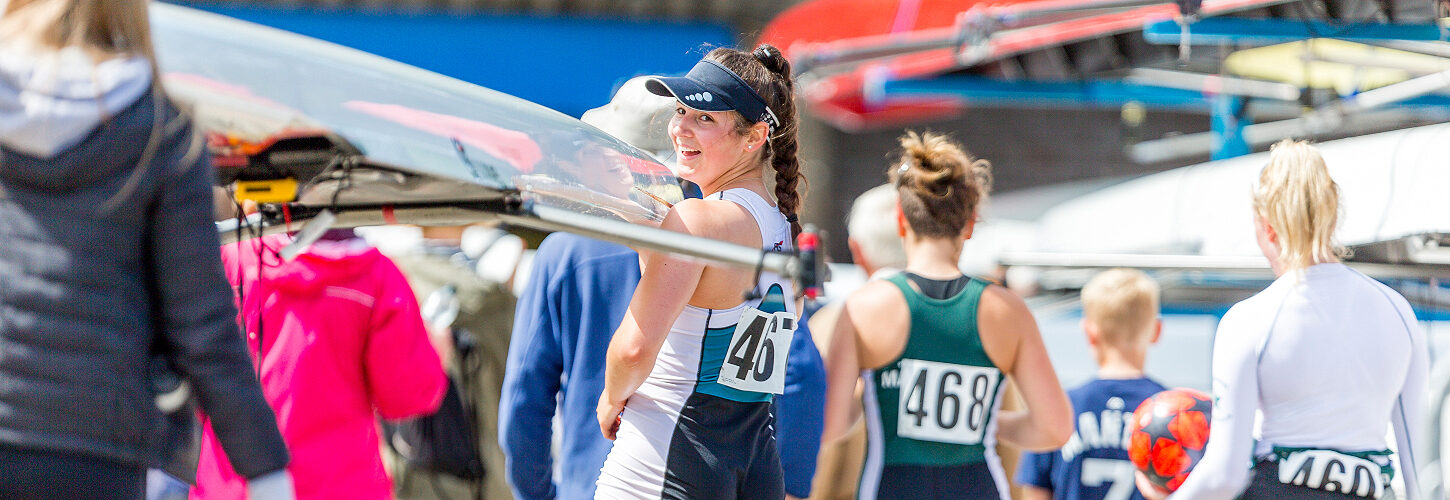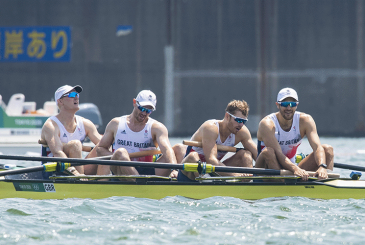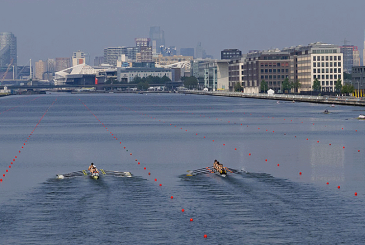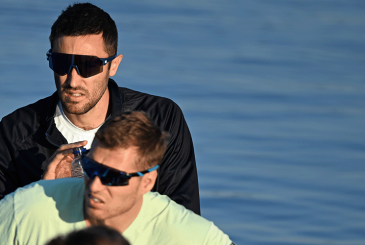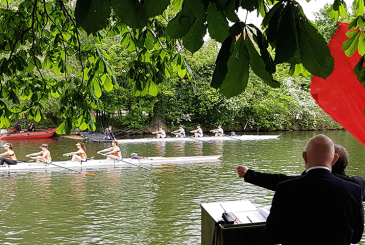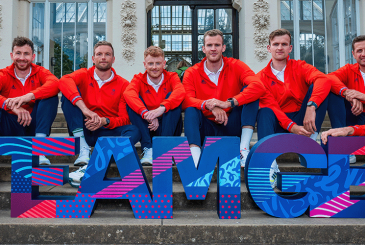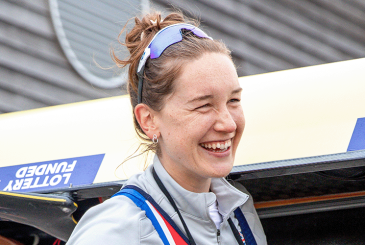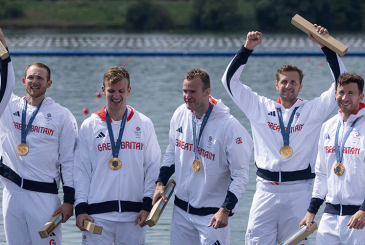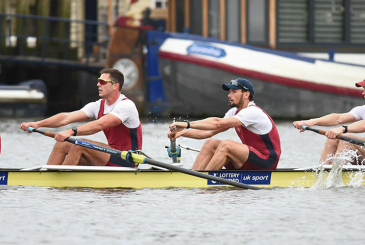With the British Rowing Junior Championships and Offshore Championships on the horizon, Sophie Bashford, Senior Performance Psychologist at British Rowing, talks about performance mindsets
It’s great to be back on the water, but getting back to racing may prove challenging after so long a break. We talked to Sophie Bashford, Senior Performance Psychologist at British Rowing, about how you can shake off the cobwebs and regain your competitive mindset
What’s your top tip for getting back into the swing of things?
If you’ve been a long time out of the boat, it might not feel how it felt when you left it. You might feel a bit rusty, but that’s okay. It’s important not to judge yourself too quickly. Remember that curiosity is a great learning tool. Don’t label your experiences and emotions as either good or bad. Embrace them, analyse them and ask yourself what’s making you feel that way.
What the best way to manage first race nerves?
That first race is probably going to be a bit daunting, but if you wait to feel one hundred per cent confident, you might be waiting a long time and never get to the start line. It’s a case of act first and feel later. Act confident and do the things that make you feel confident and through those actions your feeling of confidence will grow. Think about what’s been working for you and what you can bring to the race, and always come back to your race plan.
“Challenge yourself to see the opportunities to learn”
It’s also important to pay attention to pleasant emotions and reconnect with your drivers and motivations. It’s really exciting to compete again, and we do it because we love it. Lean into those emotions too. Finally, try not to expect too much of yourself. Just try to enjoy the thing that’s been absent from your rowing world for so long. It will give you a marker of where you are, and you can build on it and decide your next steps afterwards.
How can you overcome that sneaking suspicion that other people have been working harder and staying fitter than you during lockdown?
You might know where you sit against yourself and your own performance standards, but you don’t know where you sit against others. As a species, we’re very good at detecting threat as that part of our brain is all about survival, and we see a threat in someone else who’s trained really well. You can look at that in an unhelpful way and think, ‘I haven’t done that,’ or you can ask yourself what you can learn from their approach. I really encourage people to tap into that optimistic mindset and look at the potential of situation. Challenge yourself to see the opportunities to learn.
With local Covid outbreaks and the risk of more variants emerging, we’re still living with quite a bit of uncertainty. How can we best cope with this?
Over the last year, we’ve all learnt adaptability and flexibility and we need to carry those skills forward with us for the months and years ahead. You need to work on your plan A, but also have a plan B and be ready to activate it. Have an idea of what your goal is and how you are going to make it happen, but also consider what might get in the way, so if things don’t go as planned, you’ll have thought about it a bit.
Focus on things that are relatively certain, such as a regatta that’s taking place in two weeks’ time, and work towards that, but don’t keep searching too hard for certainty where it doesn’t exist.
You also work with England Women’s Rugby and British Skeleton [a form of bobsleigh]. Are there similarities in performance psychology between those sports?
There’s a lot that’s transferable. Skeleton and rowing are similar in that you have to get from A to B as quickly as possible, although how you do it is very different, obviously. In skeleton there’s huge skill involved in building up enough arousal for the sprint at the start, so you can gather speed, but the second you get on the sled you want to be completely relaxed, almost like jelly. In a way, that’s quite similar to rowing – you want that speed and momentum to start with and then you need to be able to relax into a rhythm.
How did you come to be working with British Rowing?
I’d been with the English Institute of Sport for over six years and was working with British Sailing when the British Rowing contract came up in autumn 2019. I used to cox when I was at school in Australia and have some family members involved in rowing. It was an exciting opportunity for me professionally, but also personally. Sailing is based in Weymouth and my husband’s job is in London. We got married two years ago and had been living separately, so we finally got to live together!
Photo: Drew Smith


